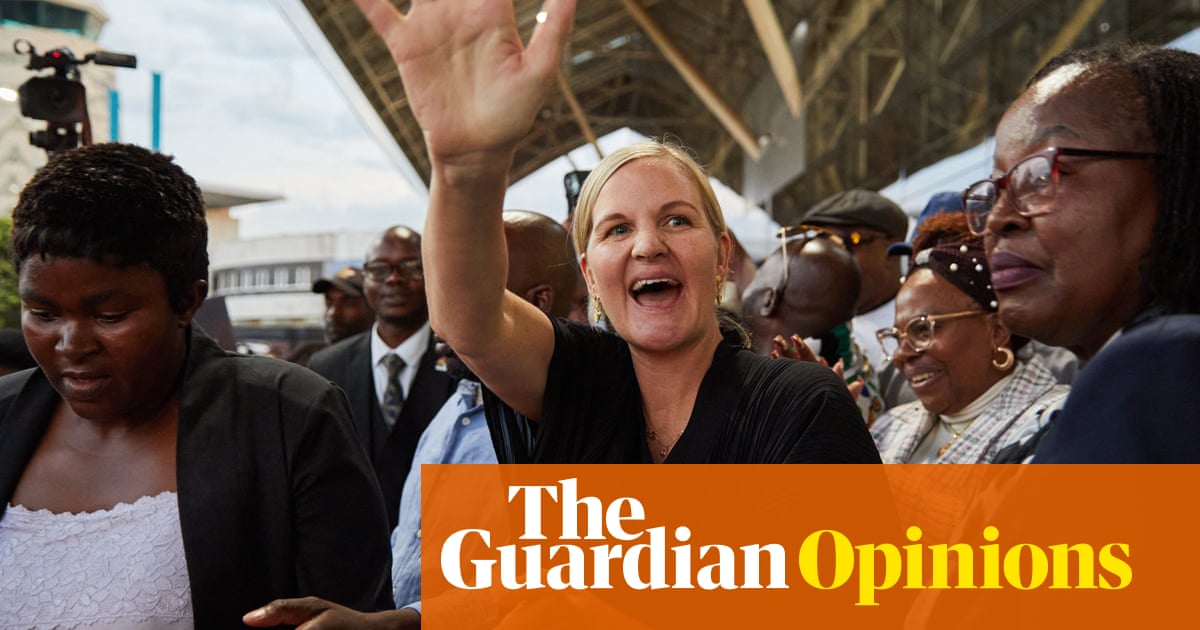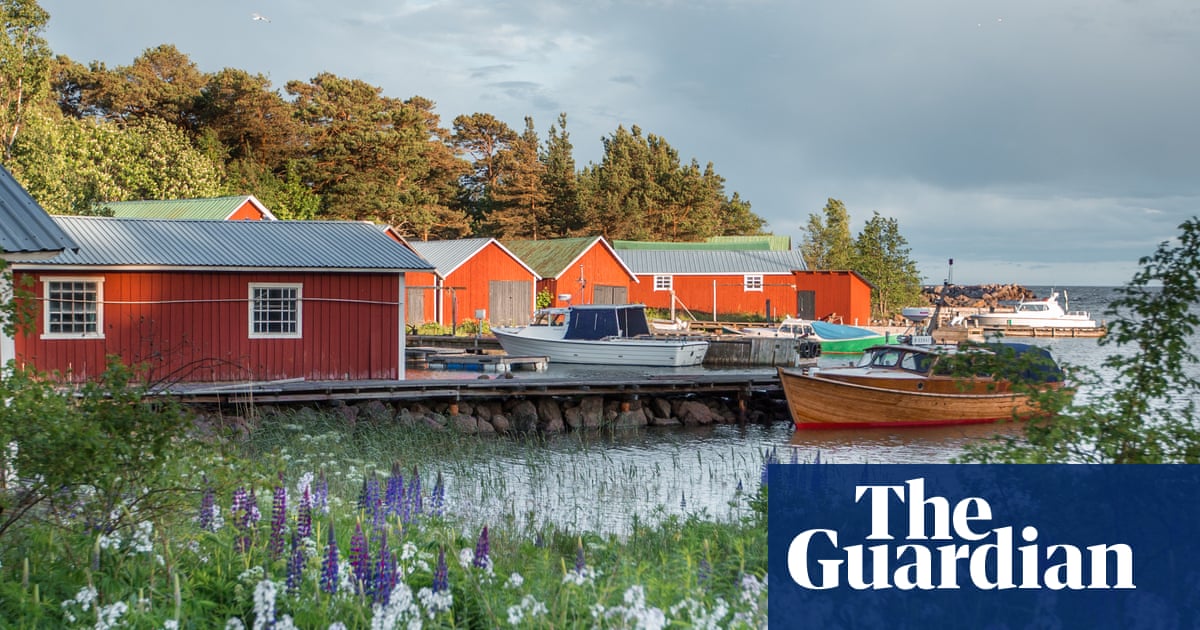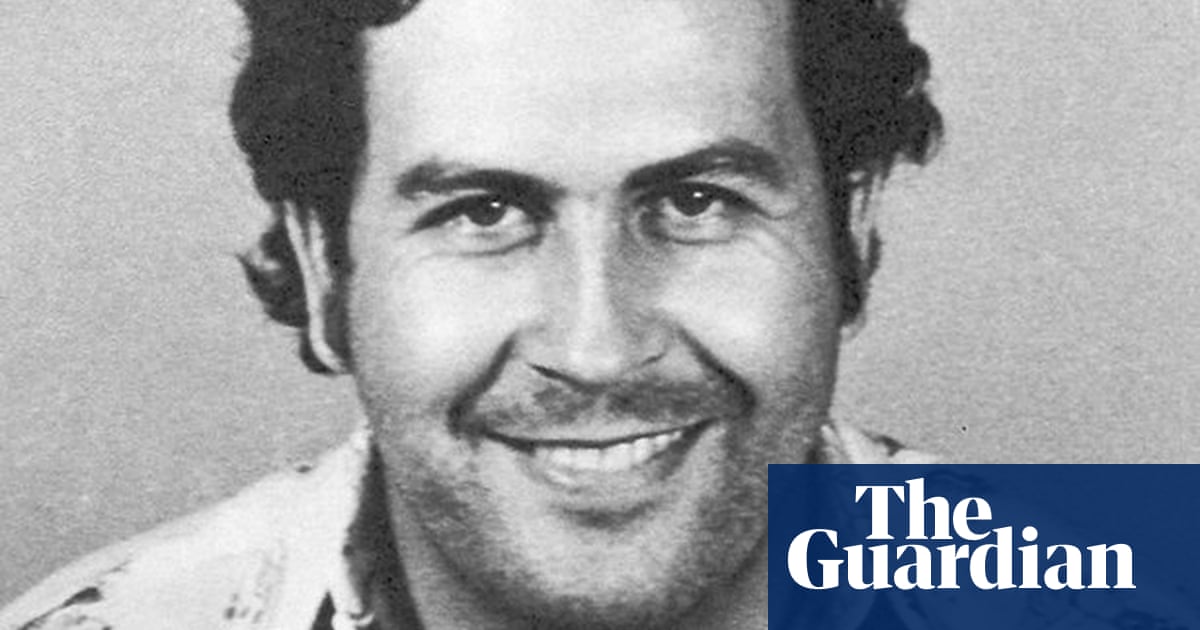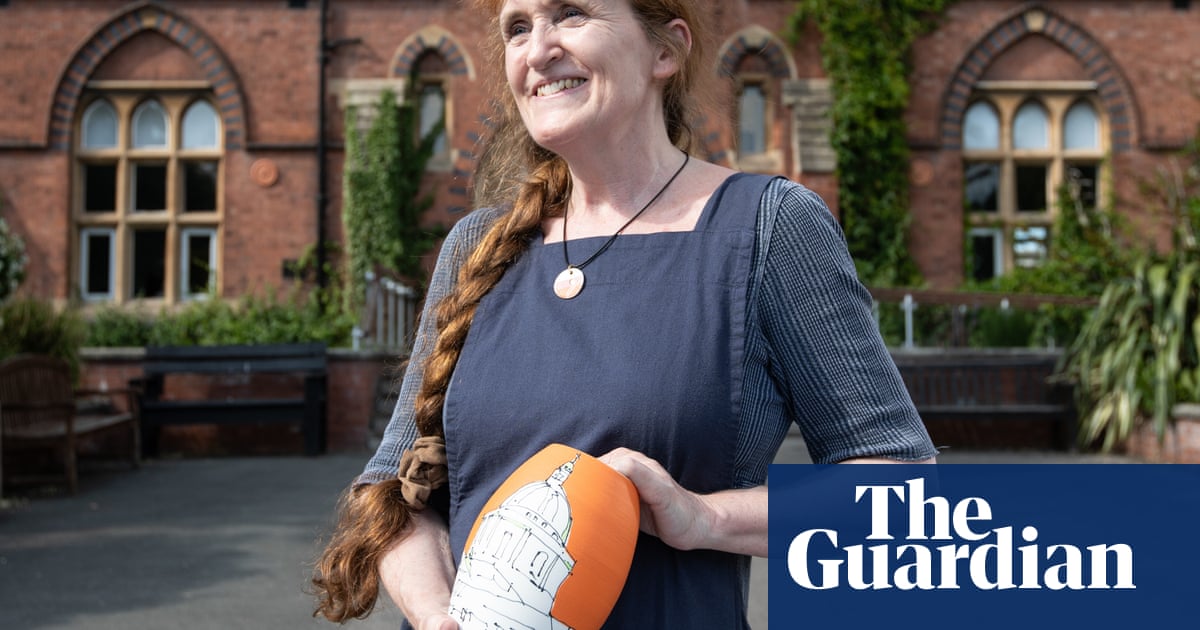Wealthy Americans are leading the charge in applications for New Zealand’s “golden visas” after rules on applying were relaxed.
New Zealand’s coalition government in February loosened the requirements for its Active Investor Plus visa – commonly known as the golden visa – offering residency to wealthy foreigners in a bid to boost the flagging economy.
The new rules, which came into effect in April, lowered investment thresholds, removed English-language requirements and cut the amount of time applicants must spend in the country to establish residency from three years to three weeks.
Immigration New Zealand says the scheme has attracted 189 applications, representing 609 people, under the new rules. Prior to the changes, the visa attracted 116 applications over 2.5 years.
Nearly half the investors who have applied hail from the US, representing 85 applications, followed by China, 26, and Hong Kong, 24. Residents from countries across Asia and Europe make up the rest of the applicants.
“Nearly everyone who is applying is applying because of the changes they’re seeing under the Trump administration,” said Stuart Nash, a former Labour party minister, who now runs Nash Kelly Global, an immigration and relocation consultancy.
Under the new rules, 149 applied under the visa’s “growth” category, which requires a minimum $5m investment over three years, and 40 applied under the “balanced” category, which requires a minimum $10m investment over five years.
Immigration has approved 100 applications in principle and seven have transferred their funds – netting New Zealand $45m.
There has been a significant increase in interest in the visa since the changes, with investors drawn to New Zealand’s stability and innovation in sustainable business and technology, said Benny Goodman, New Zealand Trade and Enterprise’s general manager for investment.
“This is a rare combination, and one that deeply resonates with investors thinking about legacy, not just returns,” he said.
Global instability makes New Zealand – with its stable democracy, independent judiciary and safe banking system – an attractive destination, particularly to Americans, Nash said.
“We are seeing more people looking for a safe haven than a tax haven – and that’s what we have got here in New Zealand, Nash said.
It is not the first time New Zealand has attracted the interest of Trump-weary Americans and other wealthy foreigners seeking to make New Zealand their “bolthole” at a time of societal division.
Following Trump’s 2016 election, visits to the country’s immigration website rose almost 2,500%. After the supreme court decision removing abortion rights, New Zealand’s immigration site visits quadrupled to 77,000. After Trump’s 2024 election win, New Zealand’s property market saw a surge of interest from the US.
Meanwhile, billionaires acquiring residency or citizenship in New Zealand have been subject to political controversy in the past. In 2017, news broke that Peter Thiel, the billionaire co-founder of PayPal, was granted citizenship despite spending only 12 days in the country, prompting former Labour prime minister Jacinda Ardern to tighten the rules on investment visas and foreign home ownership in 2018.
The loosening of the visa rules is one of a number of Ardern-era policies the right-wing coalition has wound back in its bid the boost the economy. Earlier this year it relaxed other more restrictive visa settings to attract so-called ‘digital nomads’ to New Zealand.
New Zealand’s economy suffered as a result of the Covid-19 pandemic and the country experienced the biggest contraction in GDP of any developed country in the world in 2024, due to high interest rates and unemployment.
In a statement on Monday, economic growth minister Nicola Willis said so far the visa could represent “a potential $845 million of new investment in New Zealand business”.
“New investors don’t just bring their dollars to our shores, they also bring skills, knowledge and experience that will drive future economic development,” Willis said. “It’s a win-win.”

 4 hours ago
3
4 hours ago
3

















































